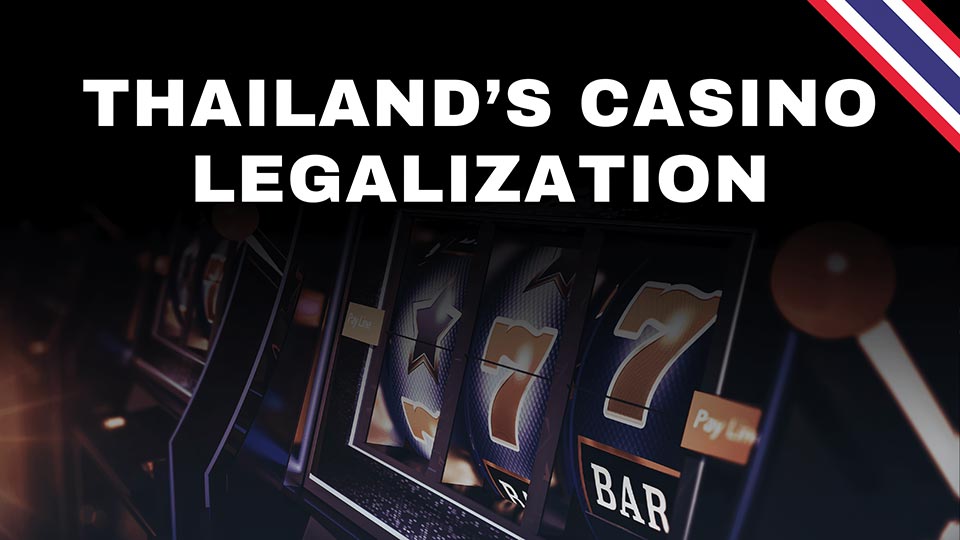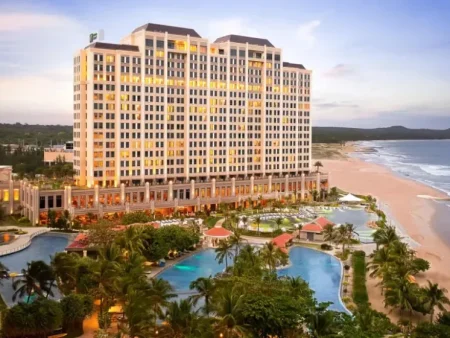
Thailand is taking big steps toward a major shift in its entertainment and tourism industry — the legalization of casinos and online gambling. The move, aimed at boosting tourism, creating jobs, and increasing state revenue, has sparked widespread debate. While the government sees it as an economic opportunity, public opinion is far from unanimous. Let’s break down what’s going on, what’s being proposed, and why some people are raising eyebrows.
Public Opposition to Gambling Legalization
While the Thai government is optimistic about the economic benefits of legalizing casinos and online gambling, the general public isn’t exactly cheering it on. In fact, there’s a strong wave of skepticism rippling through Thai society, especially after the release of a recent survey by the National Institute of Development Administration (NIDA).
The numbers speak volumes:
- A significant 69% of respondents stated that they are against legalizing online gambling in any form.
- Meanwhile, 59% voiced opposition to the idea of developing entertainment complexes that include casinos, even if these are targeted at tourists and high-income individuals.
These statistics highlight a deep-rooted concern among Thai citizens about the potential downsides of legalized gambling. For many, it’s not just about morality — it’s about the real, day-to-day consequences they fear could hit families and communities.
One of the biggest worries is the risk of gambling addiction, especially among lower- and middle-income groups. Even with strict financial thresholds set for Thai nationals, people worry that underground gambling, loan sharks, and illegal betting rings could thrive under the radar, making the problem worse instead of better.
read: Thailand’s Proposed Border Wall with Cambodia
Another concern is the increase in household debt. Thailand already struggles with high levels of personal debt, and critics argue that legal gambling might tempt financially vulnerable individuals to take risky bets in hopes of a quick win — only to fall deeper into debt when luck runs out.
There’s also a broader fear that legalizing casinos could normalize gambling behavior, making it more socially acceptable and attractive to younger generations. This could have long-term social implications, from broken families to higher crime rates.
In short, while the government sees casinos as a revenue booster, many Thais see them as a gateway to larger social and economic problems. Bridging this divide in perception will be one of the government’s biggest challenges as it moves forward with its plans.
Government’s Proposed Measures
What the Law Might Look Like
Despite the pushback, the Thai Cabinet has approved a draft law that would pave the way for legal gambling within large-scale entertainment complexes. But it’s not going to be a free-for-all — the government is planning strict regulations, especially for locals.
Here’s what’s being considered:
- Only wealthy Thai nationals will be allowed to gamble, with a minimum requirement of 50 million baht in fixed deposits over the past 6 months.
- An entry fee of up to 5,000 baht will be imposed to access the casino area.
- The idea is to keep it exclusive, limit addiction, and target foreign tourists and investors.
The government expects this move to attract significant foreign investment and boost annual tourism revenue by 5–10%.
Economic Potential and Regional Context
Thailand’s Position in the Regional Casino Race
Apacaff | Thailand’s plans aren’t happening in a vacuum. Neighboring countries like Cambodia, Singapore, and the Philippines already have big casino complexes that attract international tourists and high-rollers. If Thailand enters the game, it could:
- Become a major casino and entertainment hub in Southeast Asia.
- Create thousands of new jobs and generate billions in revenue.
- Tap into a high-demand market for legal, safe, and upscale gambling experiences.
However, to truly compete, Thailand needs to make sure its regulatory environment is clear, transparent, and appealing to global gaming companies.
Challenges and Considerations
Walking the Tightrope Between Growth and Responsibility
It’s not all about glitz and glam. The Thai government has a delicate balancing act ahead. On one side, there’s the economic potential of legal gambling. On the other, there’s the real concern about its impact on society.
Key issues that need addressing include:
- Developing strong safeguards against gambling addiction.
- Offering public education and support programs for at-risk groups.
- Ensuring fair, corruption-free oversight of the industry.
Plus, there’s the challenge of winning over a conservative public that views gambling as morally and socially risky.
Thailand’s push to legalize casinos and online gambling is one of the boldest policy shifts in recent years. With public skepticism, tight regulations, and high economic hopes, the road ahead is anything but smooth. Whether this plan turns into a booming success or a social headache depends entirely on how well the country can balance opportunity with responsibility. As the debate continues, one thing is clear: Thailand’s casino future is rolling the dice on change — and everyone’s watching closely.












